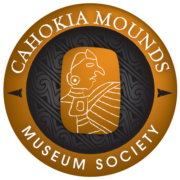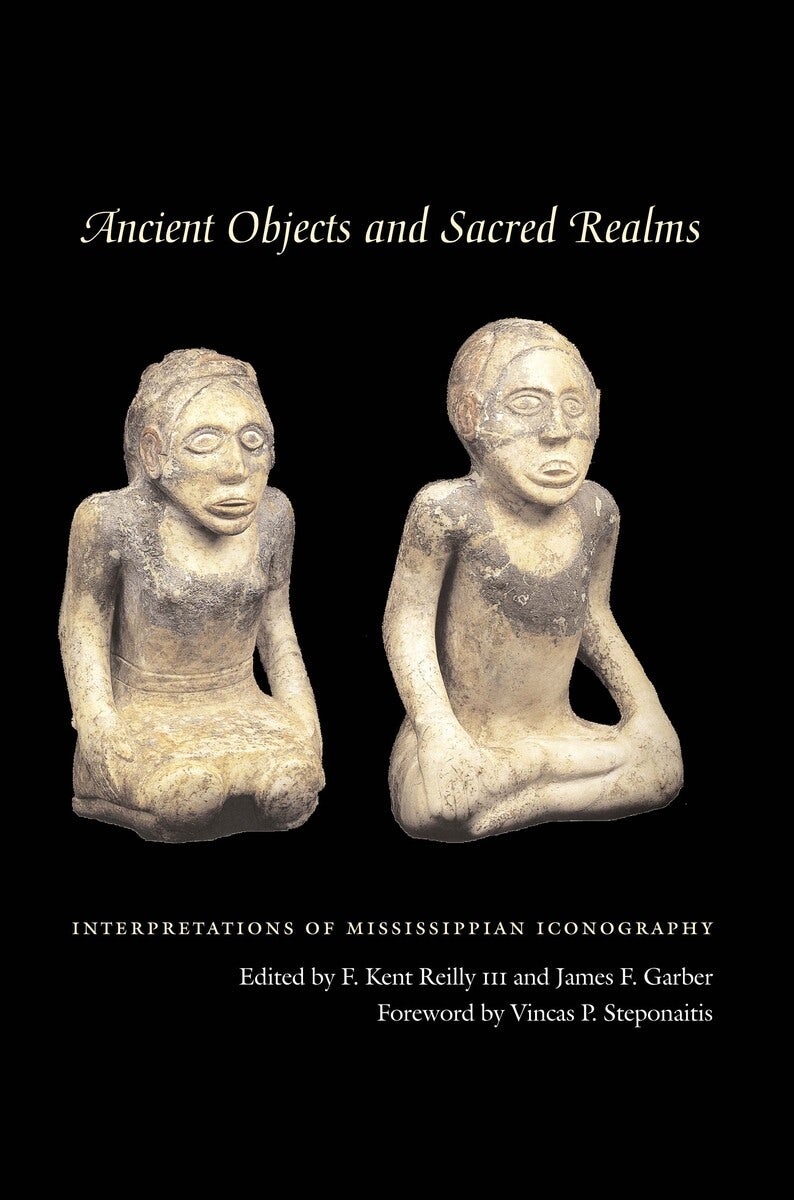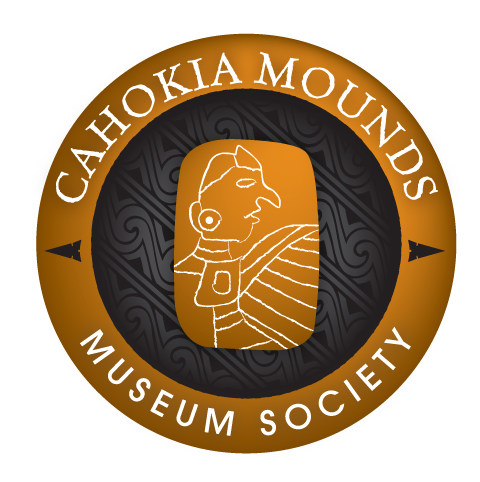Description
Between AD 900-1600, the native peoples of the Mississippi River Valley and other areas of the Eastern Woodlands of the United States conceived and executed one of the greatest artistic traditions of the Pre-Columbian Americas. Created in the media of copper, shell, stone, clay, and wood, and incised or carved with a complex set of symbols and motifs, this seven-hundred-year-old artistic tradition functioned within a multiethnic landscape centered on communities dominated by earthen mounds and plazas. Previous researchers have referred to this material as the Southeastern Ceremonial Complex (SECC).
This groundbreaking volume brings together ten essays by leading anthropologists, archaeologists, and art historians, who analyze the iconography of Mississippian art in order to reconstruct the ritual activities, cosmological vision, and ideology of these ancient precursors to several groups of contemporary Native Americans. Significantly, the authors correlate archaeological, ethnographic, and art historical data that illustrate the stylistic differences within Mississippian art as well as the numerous changes that occur through time. The research also demonstrates the inadequacy of the SECC label, since Mississippian art is not limited to the Southeast and reflects stylistic changes over time among several linked but distinct religious traditions. The term Mississippian Iconographic Interaction Sphere (MIIS) more adequately describes the corpus of this Mississippian art. Most important, the authors illustrate the overarching nature of the ancient Native American religious system, as a creation unique to the native American cultures of the eastern United States.
AUTHOR/EDITOR
- F. Kent Reilly III is Professor of Anthropology and Director of the Center for the Arts and Symbolism of Ancient America at Texas State University in San Marcos.
- James F. Garber is Professor of Anthropology at Texas State University in San Marcos.
CONTENTS
Acknowledgments
1. Introduction (F. Kent Reilly III and James F. Garber)
2. Some Cosmological Motifs in the Southeastern Ceremonial Complex (George E. Lankford)
3. The Petaloid Motif: A Celestial Symbolic Locative in the Shell Art of Spiro (F. Kent Reilly III)
4. On the Identity of the Birdman within Mississippian Period Art and Iconography (James Brown)
5. The Great Serpent in Eastern North America (George E. Lankford)
6. Identification of a Moth/Butterfly Supernatural in Mississippian Art (Vernon James Knight and Judith A. Franke)
7. Ritual, Medicine, and the War Trophy Iconographic Theme in the Mississippian Southeast (David H. Dye)
8. The “Path of Souls”: Some Death Imagery in the Southeastern Ceremonial Complex (George E. Lankford)
9. Sequencing the Braden Style within Mississippian Period Art and Iconography (James Brown)
10. Osage Texts and Cahokia Data (Alice Beck Kehoe)
References
Index







